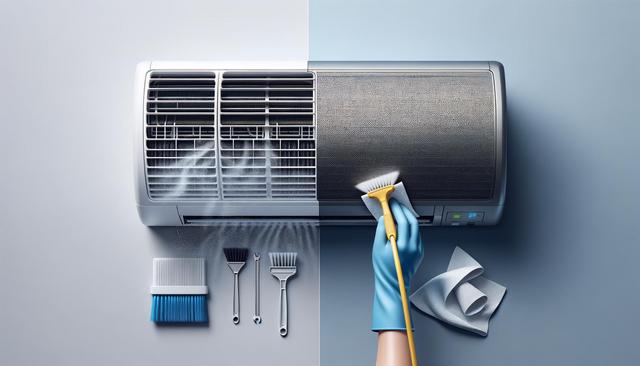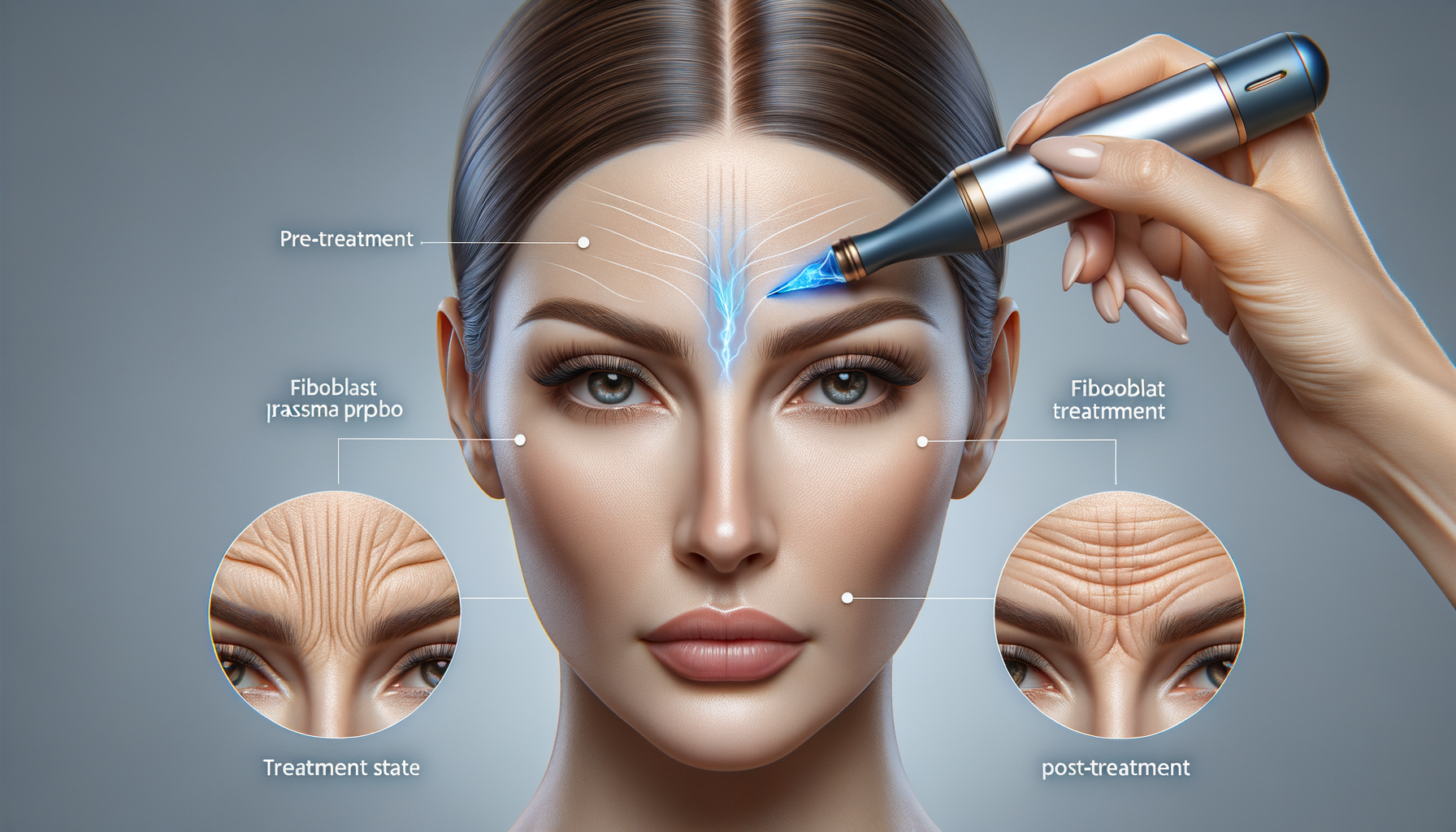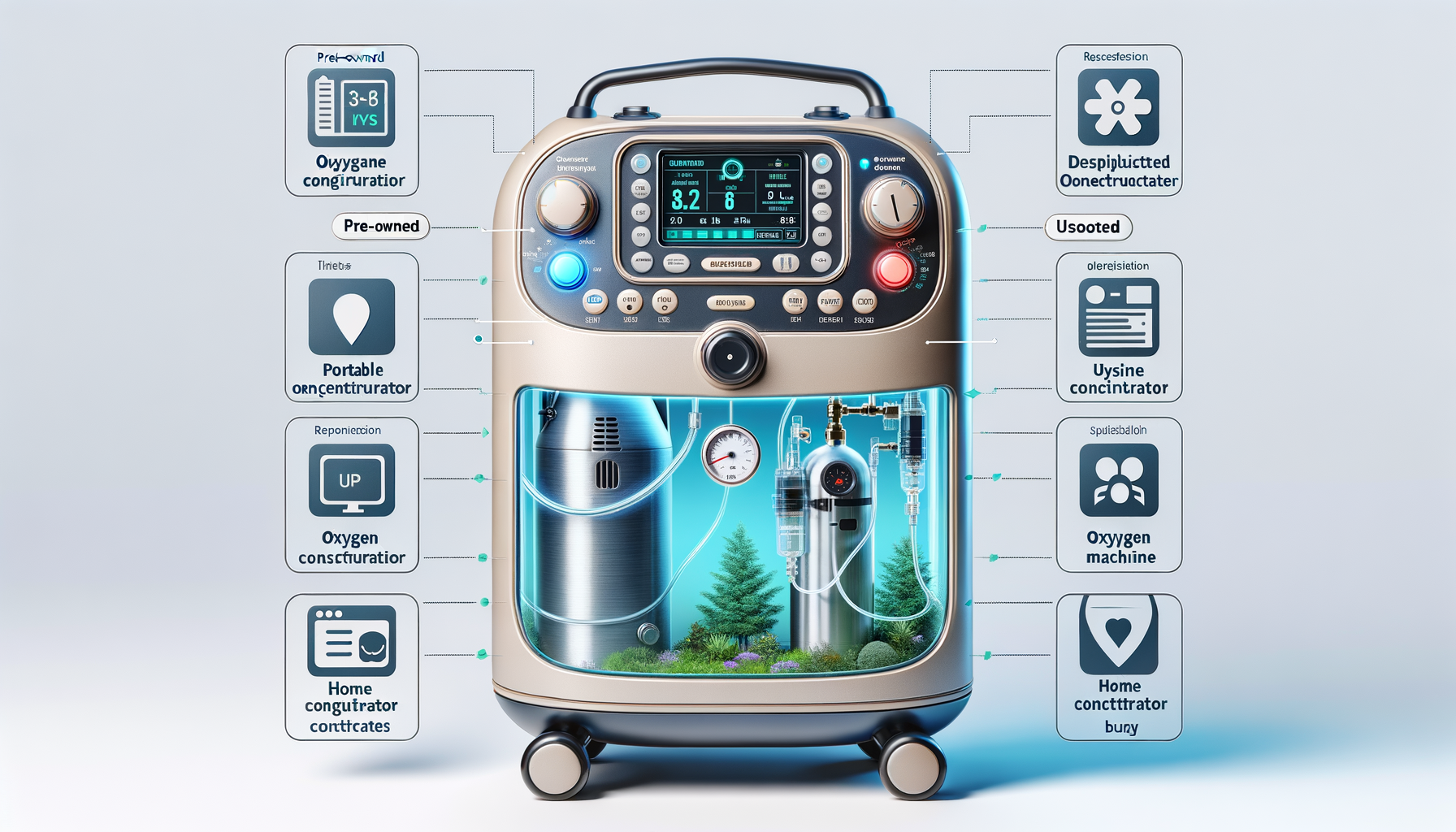How Often Should You Clean Your Air Conditioner?
Understanding how often you should clean your air conditioner is the first step in maintaining a healthy and efficient cooling system. Generally, it’s recommended to clean or replace air filters every 1 to 3 months, depending on usage and environmental factors. For deeper cleaning—such as removing dust from coils, vents, and internal components—a seasonal or biannual schedule is usually sufficient. However, households with pets, smokers, or allergy sufferers may need more frequent attention. Keeping a regular cleaning routine helps your system run efficiently and extends its lifespan.
Routine maintenance also prevents dirt buildup that can lead to major issues. For example, clogged filters and dirty coils can strain the motor, reduce airflow, and increase energy consumption. To stay on top of maintenance, consider setting calendar reminders or enrolling in a service plan that includes scheduled inspections and cleanings.
Signs Your AC Needs Cleaning
Recognizing the signs your AC needs cleaning can save you from costly repairs and discomfort during hot seasons. Here are some common indicators that your unit requires attention:
- Unusual odors or musty smells coming from vents
- Weaker airflow despite high fan settings
- Visible dust or debris on vents and filters
- Increased energy bills with no change in usage
- Frequent cycling on and off
Ignoring these signs can lead to declining performance and potentially damage internal components. Regular inspections allow you to catch problems early and maintain optimal functionality. If you notice your home isn’t cooling evenly or certain rooms feel stuffy, it could be a sign of blocked or dirty ducts. Addressing these issues promptly ensures your home stays comfortable and your system operates efficiently.
Best Methods For Cleaning Air Conditioner Filters
Cleaning air conditioner filters is one of the simplest and most impactful maintenance tasks. The best methods for cleaning air conditioner filters depend on the type of filter your system uses. Some filters are disposable, while others are washable and reusable. For washable filters, follow these steps:
- Turn off the AC unit and remove the filter
- Vacuum loose dust and debris
- Wash the filter with warm water and mild soap
- Allow it to dry completely before reinstalling
For disposable filters, simply replace them with a new one of the same size and rating. Avoid using high-pressure water or harsh chemicals, as these can damage the filter material. Keeping filters clean not only improves air quality but also reduces strain on the system, enhancing overall efficiency.
Regular attention to filters is a proactive way to avoid larger issues down the line. Make it a habit to check them at least once a month during heavy usage periods, such as summer.
Can Dirty AC Affect Your Health?
Many homeowners don’t realize that a dirty air conditioner can directly impact their health. Dust, pollen, mold, and bacteria can accumulate in various parts of the system and circulate throughout your living space. This can be particularly problematic for individuals with allergies, asthma, or other respiratory conditions. So, can dirty AC affect your health? Absolutely.
The health effects of a neglected unit may include:
- Increased allergy symptoms like sneezing and coughing
- Worsening asthma or respiratory conditions
- Skin irritation or dryness
- Headaches and fatigue due to poor air circulation
Maintaining a clean system reduces these risks and contributes to a healthier indoor environment. Proper filtration and regular cleaning help trap airborne particles before they enter your home. In homes with young children or elderly residents, the importance of a clean AC system becomes even more significant.
DIY vs Professional Air Conditioner Cleaning
Deciding between DIY vs professional air conditioner cleaning depends on your comfort level, budget, and the complexity of your system. DIY cleaning can be effective for basic maintenance tasks like cleaning filters and wiping down vents. It’s a cost-effective way to keep your system in check between professional visits.
However, professional cleaning services offer a deeper, more comprehensive approach. Trained technicians can:
- Clean and inspect internal components
- Check refrigerant levels and system pressure
- Identify potential issues before they escalate
- Ensure compliance with warranty requirements
While DIY efforts are valuable, they may not reach the same level of detail as a professional service. For optimal performance and peace of mind, consider scheduling professional maintenance at least once a year. This hybrid approach—DIY in between professional visits—can be an effective strategy for keeping your air conditioning system in top shape.




Leave a Reply